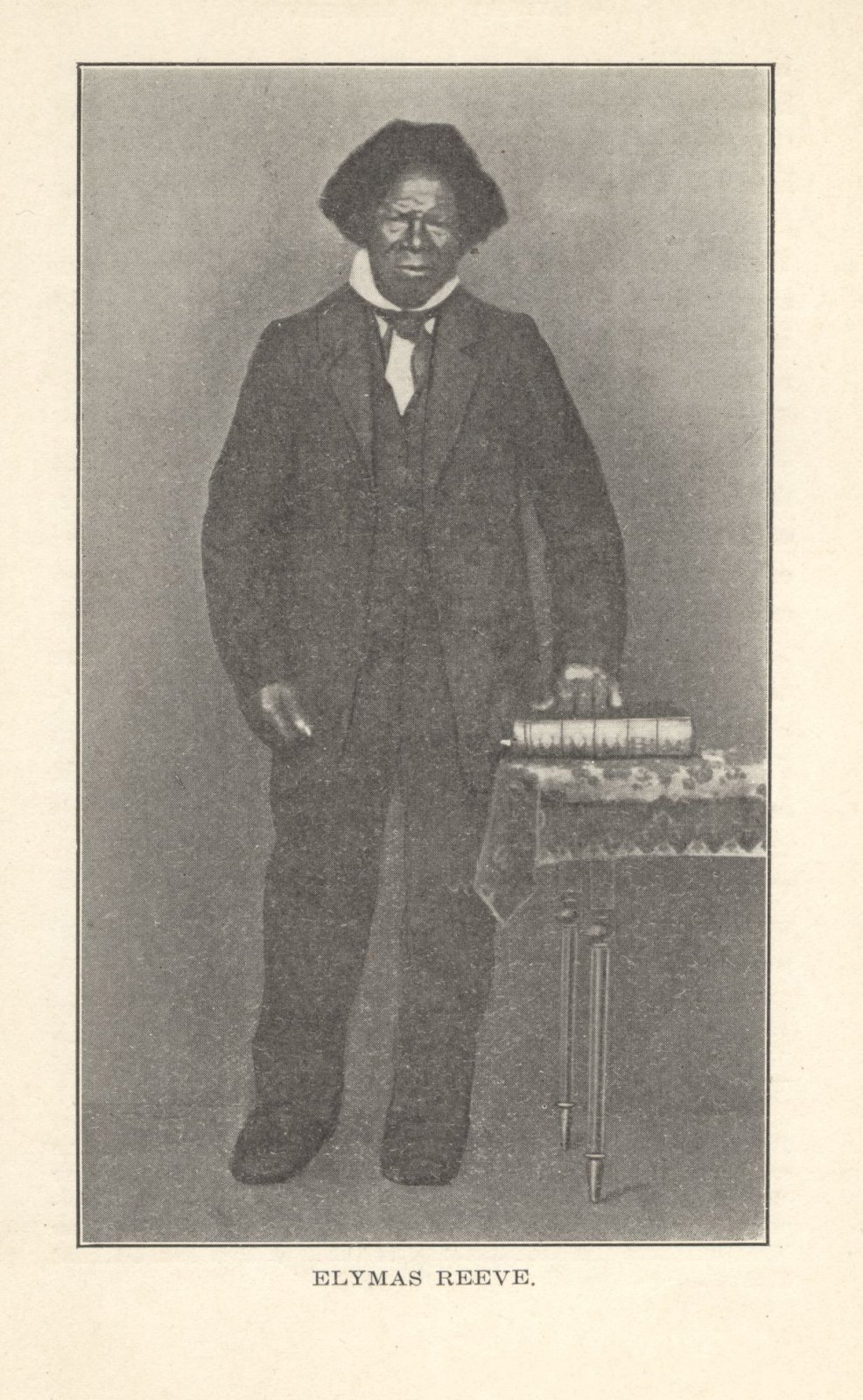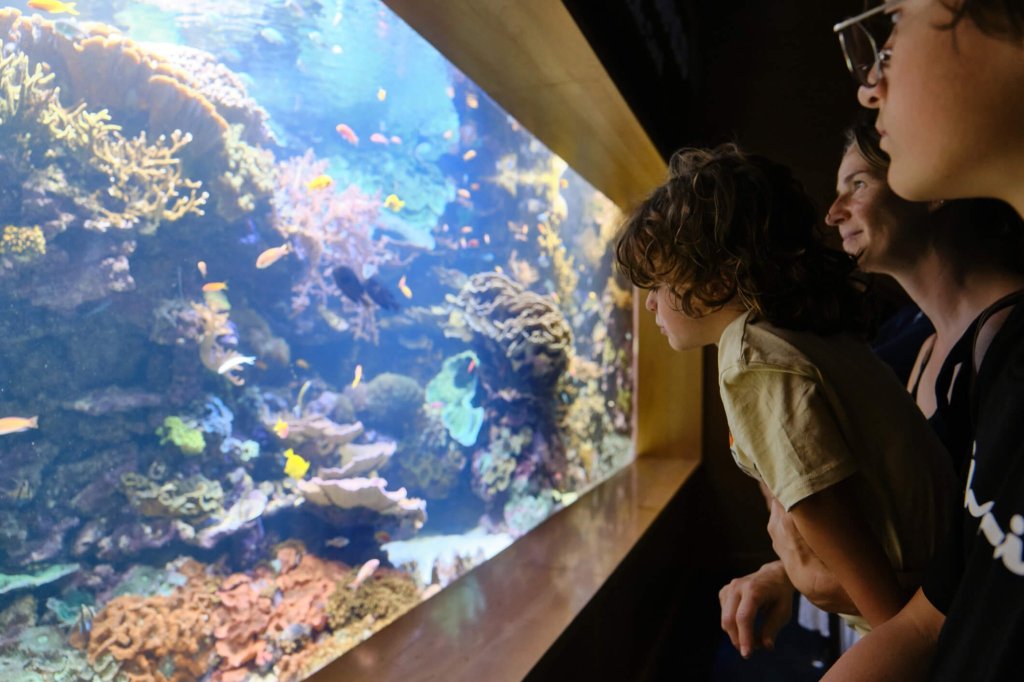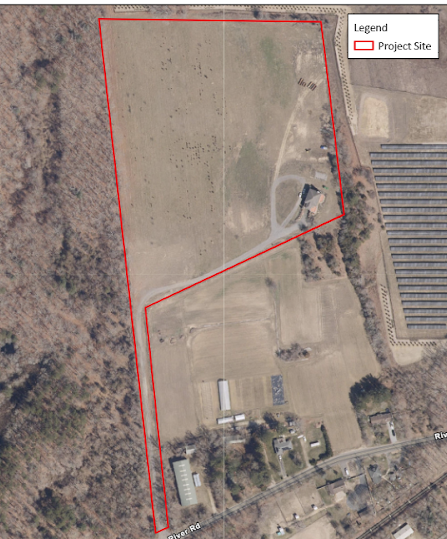Southold to Hold Ceremony Dedicating Roadside Marker to Formerly Enslaved Man

The Town of Southold installed a roadside marker commemorating Elymas Reeve, a formerly enslaved man in the town that gained his freedom in 1813, and will hold a ceremony to dedicate the marker on July 8.
The marker, which went up several weeks ago, stands at the corner of Main Road and Mill Lane in Mattituck where Elymus’ barn once stood. It serves as part of an attempt by the town to recognize more of its African-American history. In recent years, Town of Southold historian Amy Folk has worked alongside veteran journalist Steve Wick on the North Fork Project to research and discover people who were enslaved in the area.
“One of the things that Steve Wick said to me, he goes, ‘We don’t have anything that represents the African-American community in this town,” Folk said. “And I was like, ‘He’s right.’ We’ve got markers that talk about the different colonial sites for the first families, we’ve got parks named after supervisors and so on and so forth.”
Slavery in the North was, in a lot of cases, quite different from the South. There were not usually huge plantations with hundreds of enslaved people like was common in the South. Instead, there were often only one or two enslaved people in a household that lived with the family and the enslaved people often worked with their enslavers to get the everyday work done. In other instances, enslaved people lived miles away from their enslavers on different land and had an overseer visit periodically to check in.
“Was there abuse [in the North]? Absolutely. Were there people who were terrible? Absolutely. But it was different – it was a different institution,” Folk said. “It wasn’t good, but it was a different institution than most people were taught.”
Elymas spent the first part of his life enslaved and working on the farm of James and Elizabeth Reeve. The Reeves had two sons that died as children and a daughter that died at 40 years old, after James passed away, Elizabeth had nobody to help manage their farm. At that point, Elymas became the farm manager until securing his freedom from Elizabeth in 1813. He then went on to marry Hagar, who is believed to have lived in the same house as Elymus during their enslavement. They had eight children.
The marker is dedicated to Elymus – and not one of the other more than 550 enslaved people discovered so far by the North Fork Project – in large part because he is so well remembered. His youngest son, Reverend John Bunyan Reeve, earned his doctorate in theology and started the divinity department at Howard University. Meanwhile, his granddaughter, Josephine Salone Yates, became the first woman chairperson of the chemistry department at Lincoln University. Elymus is also one of the few people to have remained in Southold upon securing his freedom and given that the marker is not big enough to represent more people, he made the most sense to be recognized.
“He had some high-powered descendents in terms of education and what they were able to do,” Folk said. “And I think that kind of helped the people of Southold be like, ‘Hey, he’s one of us’… He is a representative of all the people who were enslaved in our area.”
The marker is funded by a grant that Folk applied for from the William G. Pomeroy foundation. The foundation offers grants for a range of initiatives across the country that help communities recognize their history. The ceremony will be a brief dedication of the marker in which Folk expects to speak along with Town Supervisor Albert Krupski Jr. and Wick about Elymus and the foundation. It will take place at the marker site at 8 a.m. on Tuesday, July 8.








